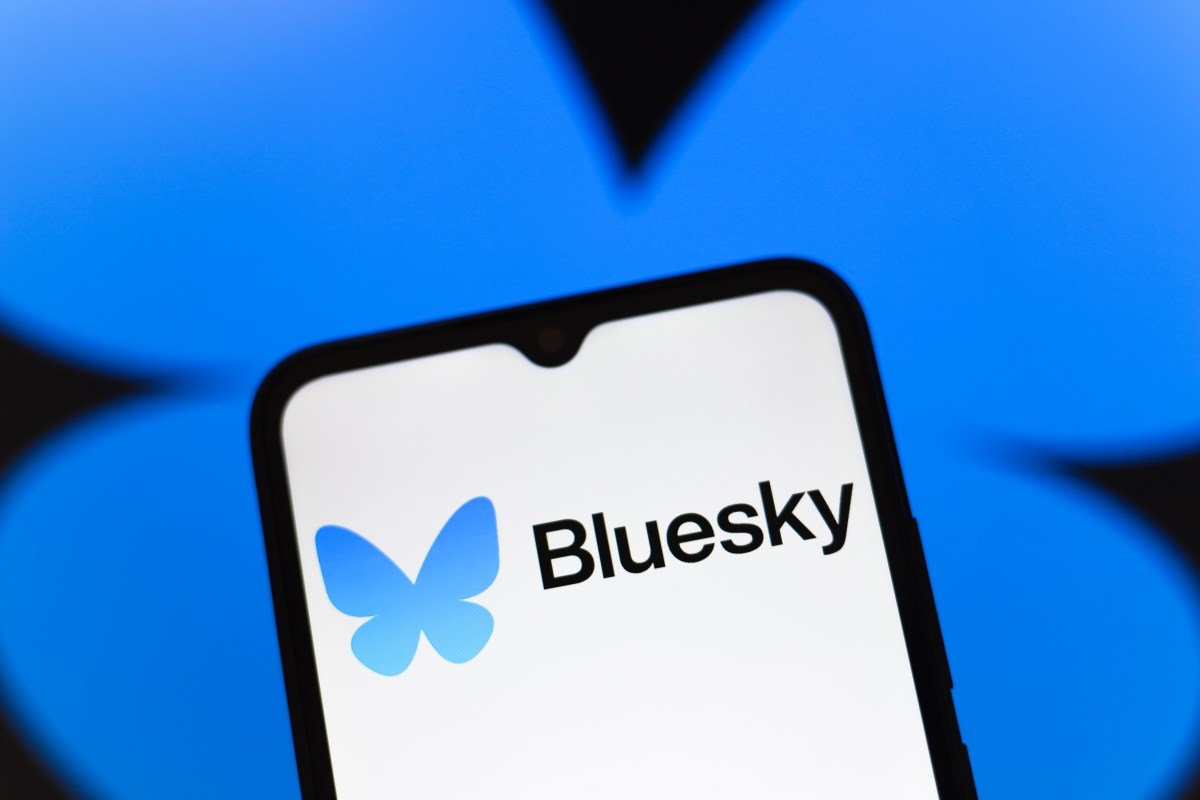Blues on Thursday quietly opened the door to those who want to verify in their social network. In a post published by Blueska’s account Security Account announced that “remarkable and authentic” accounts can now be verified via a new online form.
Organizations may more thank you to become a trusted verifier to get access to tools that allow them to verify others. Blues began to test this feature last month with a small handful of organization, including the New York Times, Wired and The Athletic.
For some blues, the blue verification badge is not a welcome accessory, as it reminds them of a numerous tray that took place on Twitter (now X). For Twitter users, verification has become a sought -after status symbol before moving to the paid subscriber Perk under the current owner Elon Musk. It represents a two-totier system in which some people were considered more important or remarkable than Otera.
However, Bluesky’s approach to verification is loaded on other systems behind the blue badge. In addition to verifying the verification for further credible verification beyond the company itself, users can also set up a domain, as their NPR similar to their user name has done with their birthday @np.org. To date, more than 270,000 accounts have accepted domain -based verification.

Less clear is how bluesky will check applications from those who require verification.
Online company consists of some basic requirements, such as accounts that must be active, complete (organic girl, photo profile, etc.) and secure. It must also take over the “real person, registered enterprise, organization or legitimate entity” and a link to any formal website, if any.
However, as far as it comes to who or what is considered remarkable, the criteria are less direct.
Blues says that remarkable accounts must be remarkable with their “field and geographical regions” and that the company will take into account various indicators of notifications, such as “professional recognition, media coverage in the publications of the establishment, presence on credible references or other evidence of the public intestine”. There may be other specific requirements for designation related to specific categories of verification, but blues are not what it is.
“We are considering the overall context and the public interest value of each account,” reads the form. “Please give links and evidence that can help us ensure that your birth meets the criteria of the designation.”
The company claims that it will not respond to users if their account is not selected for verification, which means someone has to scan incoming requirements so that no celebrities or other famous characters slip.
The introduction of verification could have an impact on Bluesky’s culture that has so far different from social networks, such as Twitter/X and threads that have elevated some users to others. It is possible that the announcement would be better accepted if they arrived after It is a wider network of trusted verifiers – Blues independent organizations. More precisely, the telegraph of Bluesky’s goal would not be a centralized authority.
Elsewhere in the ecosystem, the visible version of the blues called Deer. The social approached to verify in a more democratic way – it allows everyone to choose who they trust as verification. Then they can also verify an account that a trusted verifier has also verified throughout the network. In this way, everyone can verify others or verify themselves without the need for central authority. In other words, those who do not care about the Bluesky version of verification have another option.
Blues has not been displayed for comment.
(Tagstotranslate) blues

